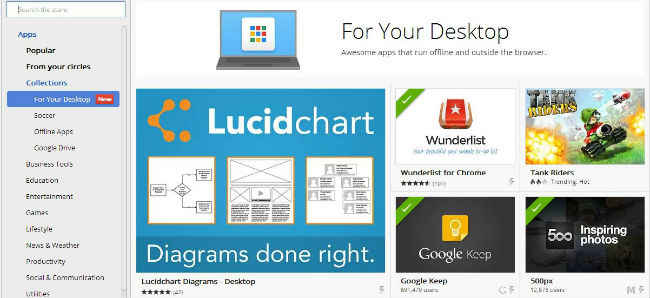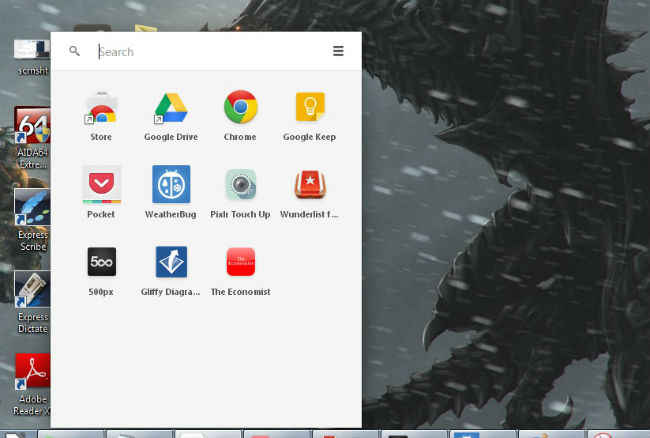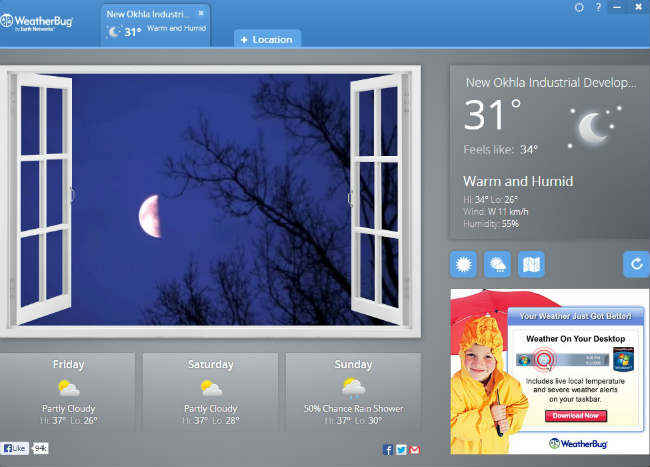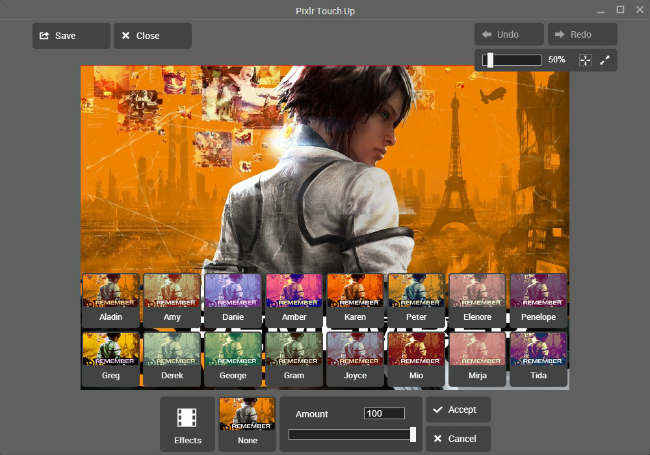Understanding Chrome Apps- Google’s plan to take over your desktop

Google has launched Chrome Apps, a new type of apps meant for the PC that will run outside the Chrome Web browser. Will they take your world by storm?
Even though Google has pretty much taken over the mobile and tablet platforms, it has to feel frustrated by its anemic presence on the PC, the oldest platform of the lot, a platform it has failed to crack so far. Sure, Chrome may be the most popular Web browser at the moment (according to StatCounter, 42% of users access the Internet using Chrome), but that’s where Google’s influence over the PC user ends- the moment he/she clicks the minimize or exit button on Chrome. Google has tried its best to invade the PC with stuff like Google Desktop and has even created its own Web-powered OS (Chrome OS) for its own PC- the Chromebook Pixel. While these steps have garnered attention from the media and the hardcore Google fans, they’ve failed to gain any sort of traction among PC users.
Enter: Chrome Apps, the latest attempt by Google to become the master of not only your online experience but also your offline one (well, offline to a certain extent as you’ll see). If you use the Chrome browser regularly, you’ll be familiar with its extensions (what Google calls Web Apps). Chrome Apps is similar, with the main difference being that these apps run outside (but not independent) of the browser. This means that Chrome Apps run in a separate window outside the browser, with their own different interfaces, and unlike the Web Apps, don’t require you to run Chrome first. You can find the new section of Chrome Apps in the ‘For your Desktop’ section of the Chrome Web Store.
Chrome Apps on the Chrome Web Store
Let’s run through the main features of Chrome Apps, one by one:
Chrome App Launcher
Google will install the Chrome App Launcher the moment you install your first Chrome App. The App Launcher is a tool that provides a list of all the Chrome Apps and Web Apps that you’ve installed. This app launcher resides on your Windows taskbar and can be launched like any other software. Doing so will open a small pop-up that shows all the apps you can run. Now, the Chrome Apps will run in their own respective windows, while the Web Apps will open a tab in the Chrome browser automatically by default (although you can set them to run in an independent window as well). In the case of the former, what this means is that even after you minimize or exit the browser, you can still run an app exactly like you would any other software on your PC. The list of such apps is limited right now but there are some neat once such as Pixlr Touch Up, Weather Bug and 500px.
The Chrome Apps launcher
It’s worth pointing out here that even though you don’t need to run the Chrome browser to run Chrome Apps, a look at Windows’ Task Manager shows that Chrome does actually run in the background, taking up system resources as it would if it was running normally. This is because Chrome Apps aren’t installed directly on Windows but rather on the Chrome browser and use the Chrome browser’s engine to run.
Offline Apps
Offline apps isn’t a new Google feature but offline Chrome apps that run even if your Internet connection is down, is. For some Chrome Apps, the ‘offline’ status makes no sense- Weather Bug lets you run it offline but the app requires Internet connectivity to deliver weather information, making it pointless as an offline app. However, Chrome Apps like The Economist and 500px can work offline after initially requiring you to login.
Even though the offline capabilities of Chrome Apps are limited (since they will periodically require you to login or connect online to get more content), it is exciting to note the possibilities that may be unlocked because of their inherent ‘online’ nature. Just like in the case of mobile apps, Chrome Apps have the ability to always ‘save,’ removing the need for you to remember to save documents or notes constantly. It also means that just by logging into your Chrome/Google account on a different computer, you will be able to access all your apps almost instantly.
The Weather Bug Chrome App.
Integrated with the PC
Any Chrome Apps that you install on your PC will also get access to your local drives, again, exactly like regular software. So, if you’ve installed Pixlr Touch Up, you can start up the app, select a photo from your hard drive, edit the image and save the photo locally without ever needing to upload or download the photo to the Web. What this could also mean is that as more and more PC-centric Chrome apps go live, you will soon be able to rely on Chrome apps for things like playing movies or music that you’ve stored locally, as alternatives to today’s Winamp or VLC or KMPlayer. Plus, these apps will also be able to access and work with devices that you may have connected to the PC such as digital cameras or smartphones.
The Pixlr Touch Up Chrome App.
Automatic updates, security
With the proliferation of curated app stores from Apple and Google, it seems strange that Microsoft has only just woken up to the idea of having an official, secure store for Windows software. Google hopes to undercut Microsoft’s ambitions with Chrome Apps because any of those apps that you download will not only be audited for security but will also update silently in the background to ensure security. This has always been an issue with Windows especially because of the massive amount of third-party software that’s installed and the tendency of most Windows users to ignore update pop-ups that their software throws up.
The 500px Chrome App
So, will Google soon be the overlords of our PC too?
There’s no denying the fact that Chrome Apps have potential and a lot worth getting excited about. However, before you get all starry-eyed about the possibilities, you should note that Chrome Apps doesn’t actually bring anything new to the table. What they are, essentially, are different packaging for Google’s pre-existing web apps and services- a beautifully redesigned simulacrum, if I may, of all that it already offered. Yes, the App Launcher is something new and the ability to run apps in different windows outside the Chrome browser sounds neat, but to a large extent they’re all cosmetic changes engineered by Google to get PC users to try out its offerings again, offerings that haven’t been really popular (within the scope of the PC environment, outside the browser) in their different avatars in the past. With Chrome Apps Google is also attempting to entice more developers to create apps using the Chrome browser’s engine, and specifically developers with an eye on the PC user-base.
There are some very obvious places where Chrome Apps falter. First, at the moment, there are very few Chrome Apps and no big names that can drive user adoption. Second, unlike on the PC, there aren’t alternatives to intensive productivity tools like Photoshop or Avid in the Chrome Apps library because of the browser engine’s limited capabilities. Unless these two concerns get addressed quickly, Chrome Apps will remain unimportant for the PC.
The Economist Chrome App
With the brief experience I’ve had with Chrome Apps, my advice for you would be to try the hell out of them, and see if any of them actually add anything to the stuff that you do on your PC, outside of the browser. I thought that some of the Chrome Apps looked beautiful and interesting but the dearth of numbers means that they haven’t made me a fan yet. However, I hope to continue fiddling around with the Chrome Apps to see if they can subvert my first impressions and leave me hungry for more.
(Note: Chrome Apps can currently only be installed on Windows PCs. Google has said that support for Mac and Linux will be coming soon).
Source: Chrome Blog via The Verge
What did you think of the Chrome Apps? Tell me on Twitter @postwar or in the comments section below.






